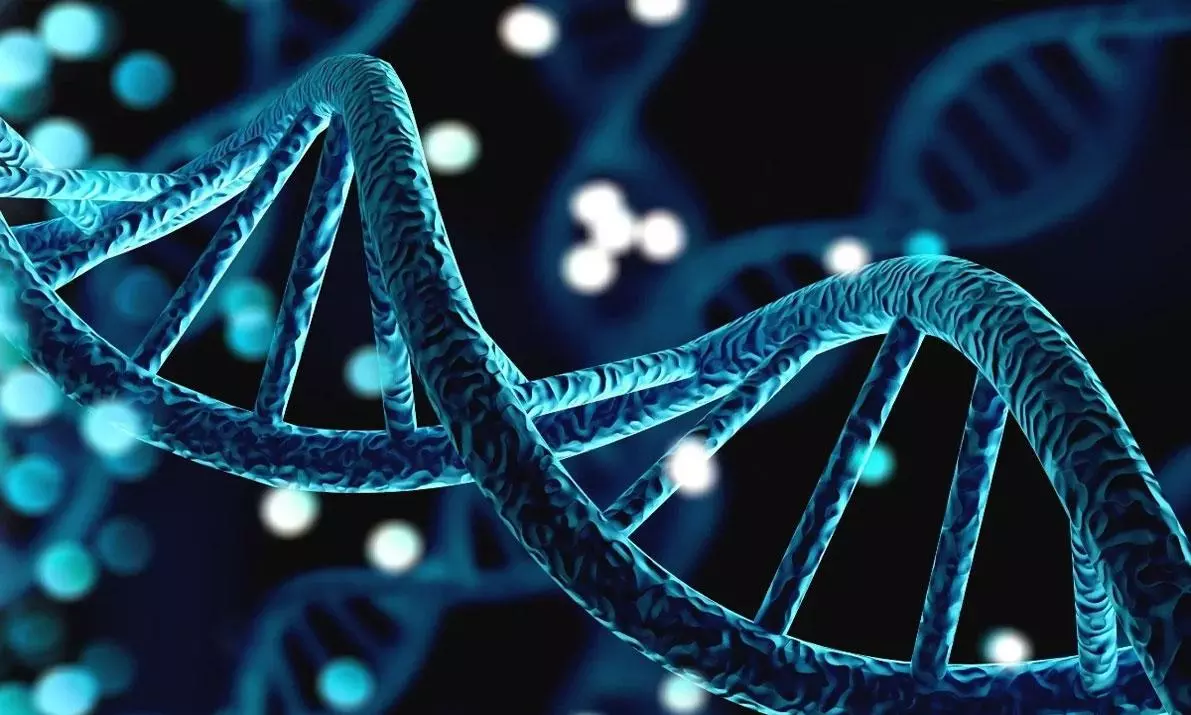
Study uncovers genetic links behind ADHD, autism, and anxiety symptoms
text_fieldsAn international study led by King’s College London, UK, has uncovered genetic factors that influence how individuals respond to their environments, shedding light on their role in triggering symptoms of ADHD, autism, and anxiety.
The research, published in Nature Human Behaviour, is the largest genome-wide association study (GWAS) conducted on identical twins to date. It pooled data from 11 studies across 23 universities, covering 21,792 genetically identical twins (10,896 pairs). The aim was to explore how variations in environmental sensitivity relate to psychiatric and neurodevelopmental traits.
Researchers identified specific genetic variants linked to differences in sensitivity to environmental experiences, which may explain why some individuals are more prone to mental health conditions like ADHD, anxiety, autistic traits, depression, and even psychotic experiences.
“Differences in individuals’ sensitivity to life experiences can explain why the same negative or positive experiences may have varying effects on people’s mental health, depending on their genetic makeup. Our findings suggest that specific genetic variants influence how environmental exposures impact psychiatric and neurodevelopmental symptoms,” said Dr. Elham Assary, postdoctoral researcher at King’s.
The study found that genes associated with growth factors, key to neurodevelopment, immune function, and the central nervous system, were linked to differences in autistic traits. Genes involved in stress reactivity were tied to variations in depressive symptoms, while those regulating catecholamines, a group of stress-response hormones, were connected to psychotic-like experiences.
“These findings confirm that genes influence psychiatric and neurodevelopmental traits partly through affecting how people respond to the world around them. Some people are more sensitive to their circumstances, and this can be positive in good circumstances but can make life more challenging than for others in stressful circumstances,” said Professor Thalia Eley, Professor of Developmental Behavioural Genetics at King’s.






















